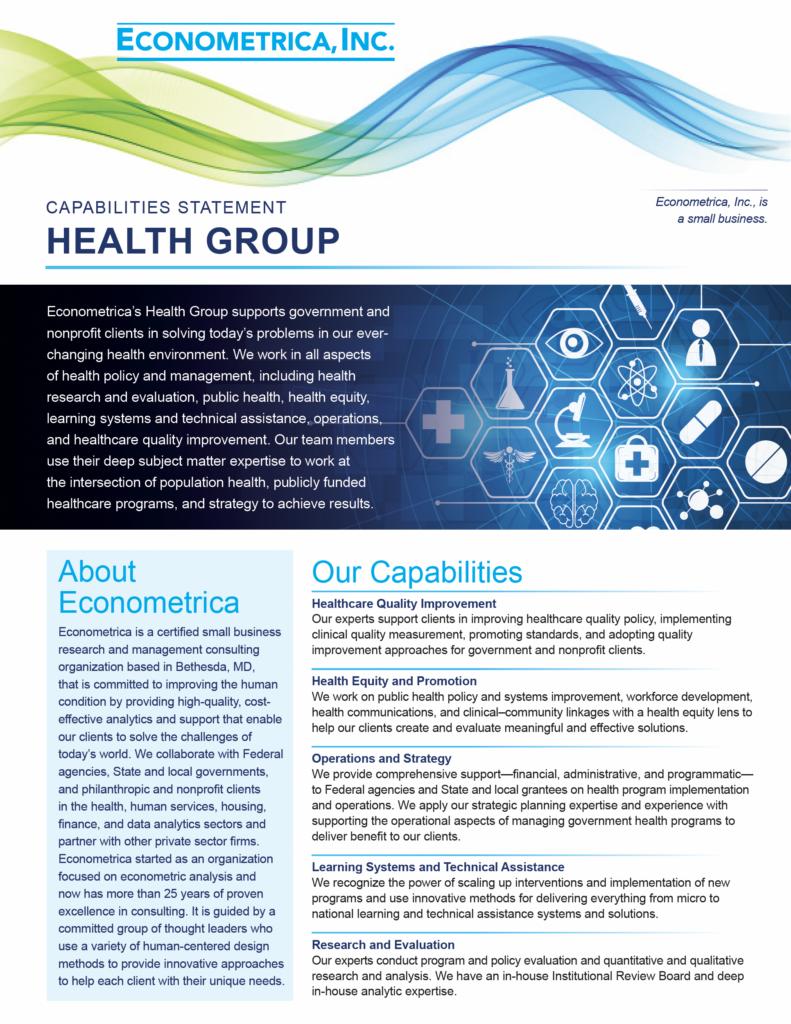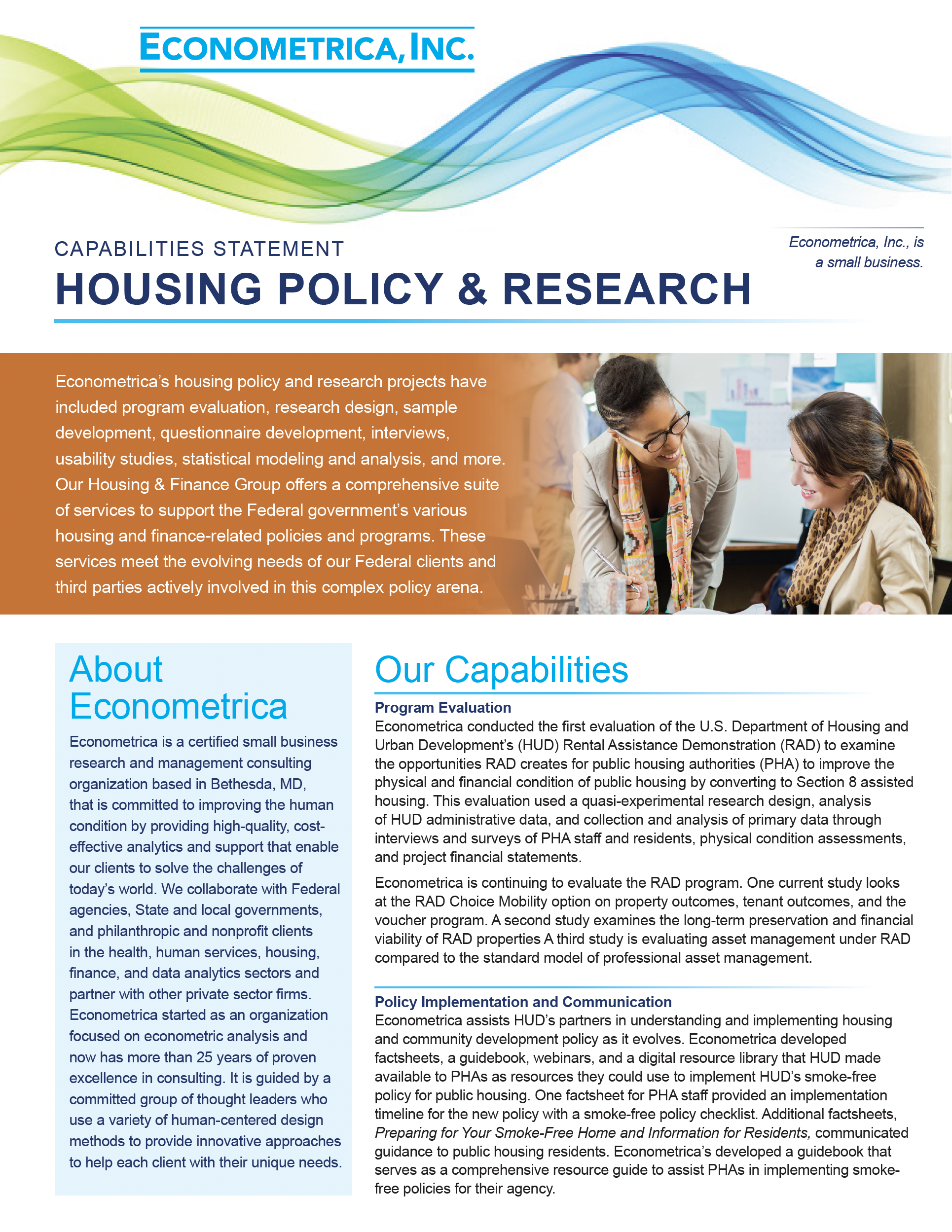
Health Equity and Cancer

History has shown that Black/African American populations are diagnosed at a later stage and have higher death rates than all other racial/ethnic groups for many cancer types.
Studies suggest that certain groups in the United States experience cancer disparities because of the likelihood of obstacles when seeking health care. Advancing health equity would reduce barriers to care to allow all groups to get the necessary access they need.
To learn more, visit the following resource:
Work With Us, Work for Us
Econometrica specializes in research and management across numerous industries in both the public and private sectors. We are always looking to hire the best and brightest in data science, health, grants management, energy, homeland security, housing and community development, capital markets and finance, and transportation. We work as the lead service provider, and also as a capable outsource partner to other consultancies. To work with us on your next project, visit us online and email a member of our executive staff in your preferred specialty. To explore the benefits of working for us, visit our careers page.

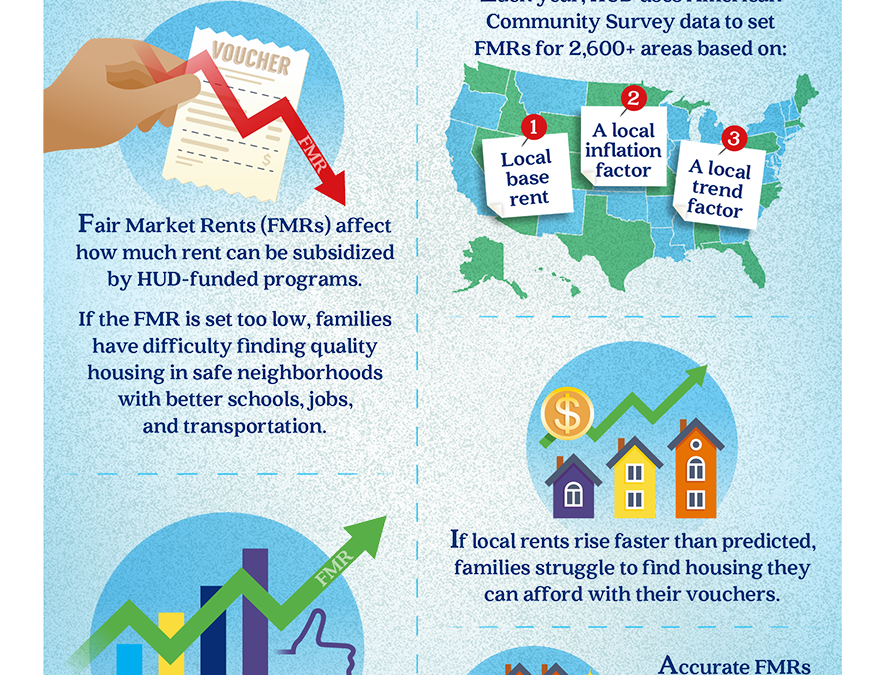
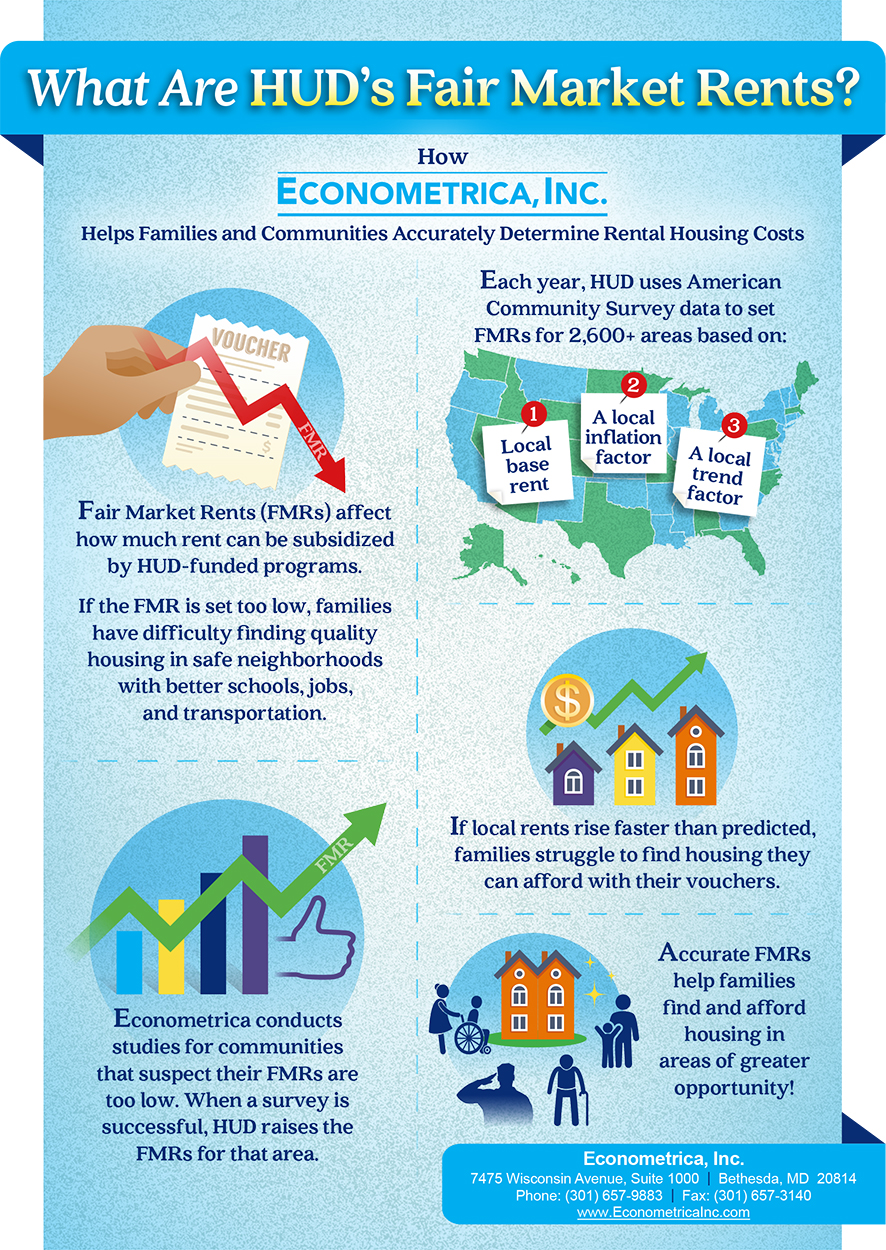
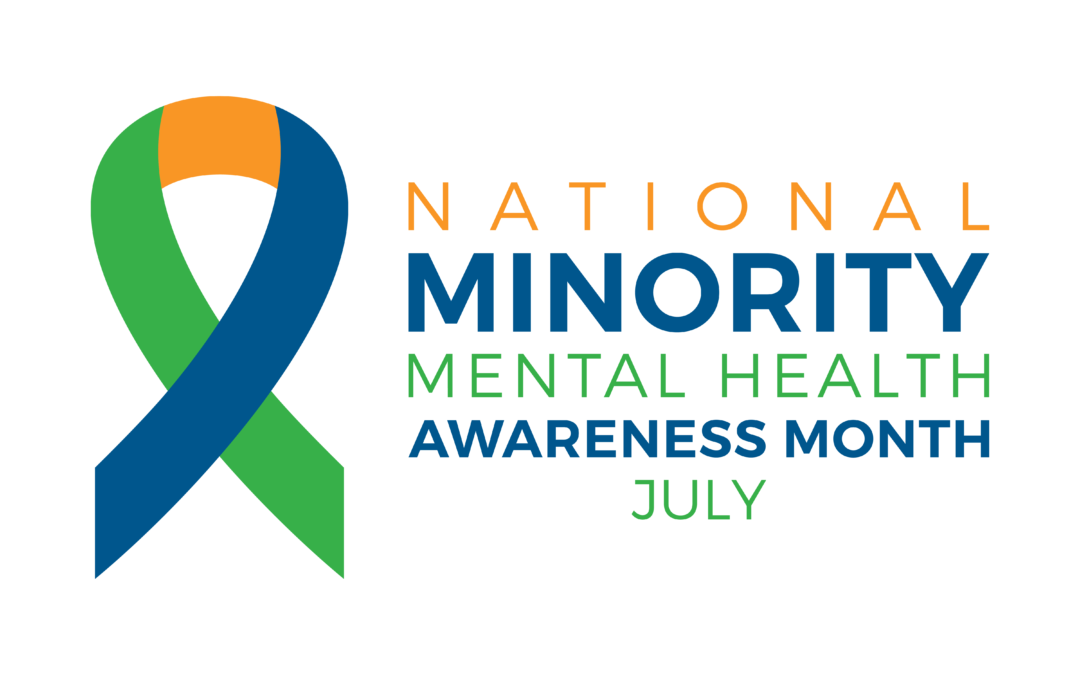
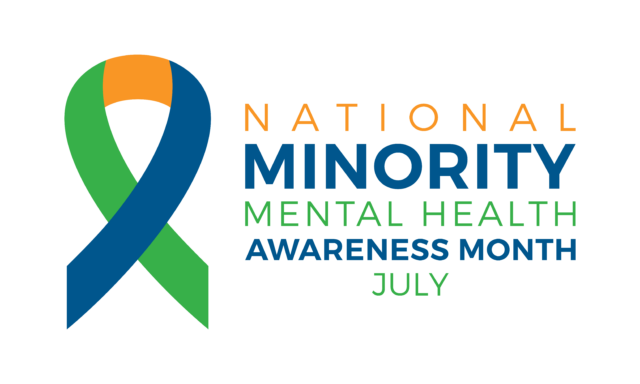
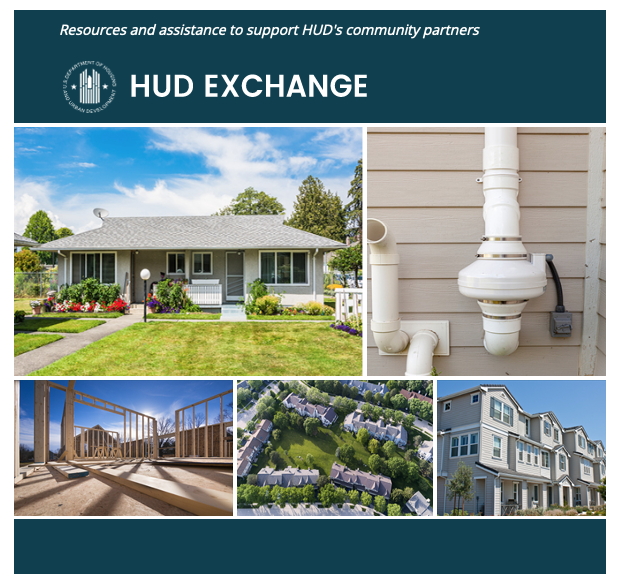
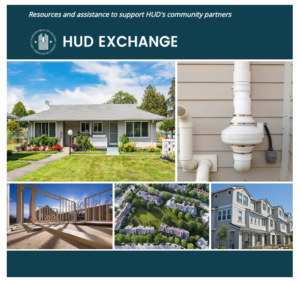 The U.S. Department of Housing and Urban Development (HUD) recently published fresh guidance related to radon in housing on the HUD Exchange site.
The U.S. Department of Housing and Urban Development (HUD) recently published fresh guidance related to radon in housing on the HUD Exchange site.